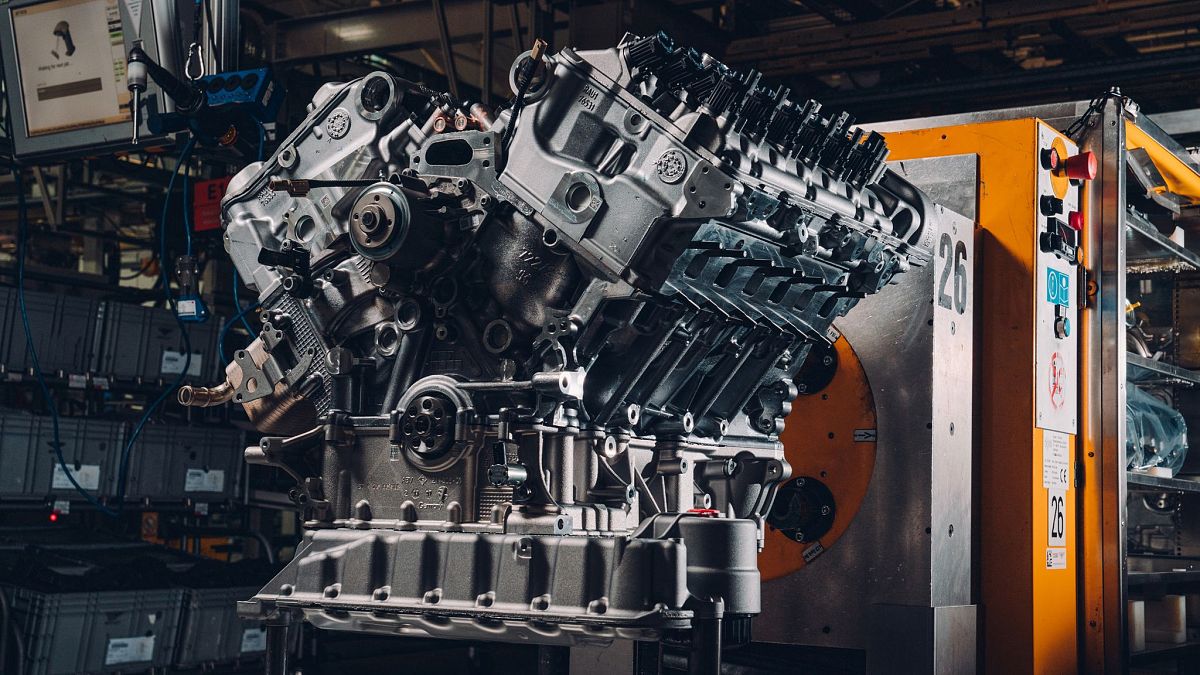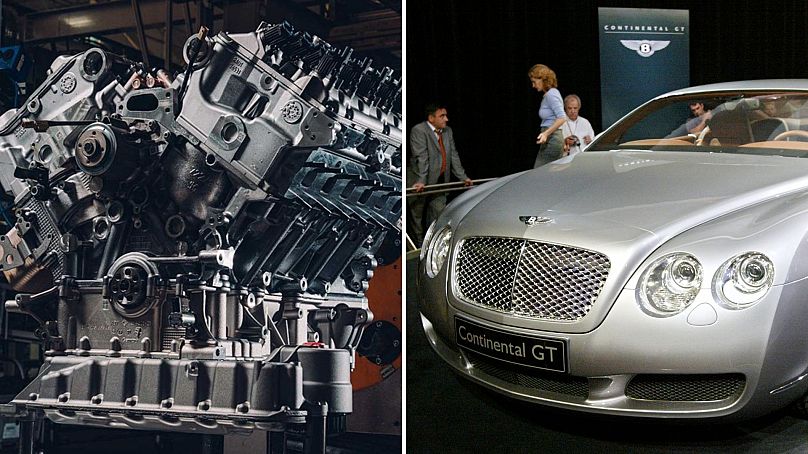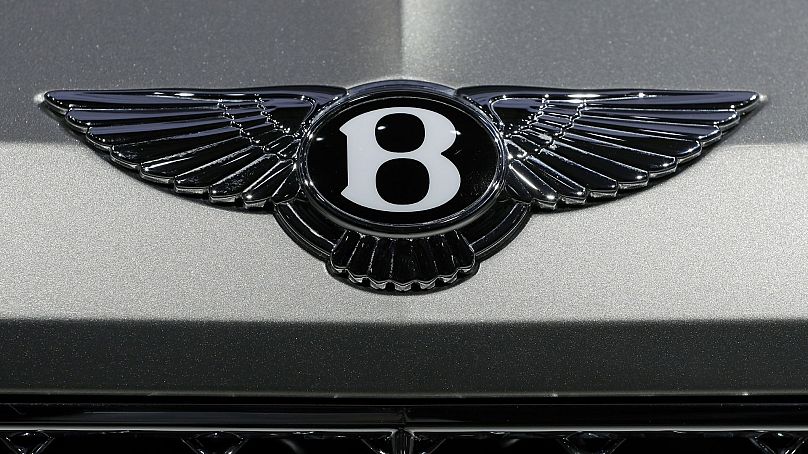Luxury carmaker Bentley is discontinuing its 6.0 litre W12 engine, which powers its most prestigious vehicles, to accelerate towards a more sustainable, electric future.
Petrolheads look away now!
Bentley, the luxury British automaker, has announced that it will be discontinuing its iconic 6.0 litre W12 engine, which powers its most prestigious vehicles.
The company will no longer make a 12-cylinder engine, with the motor's production line set to be replaced with capacity for V6 and V8 assembly.
The decision comes as part of Bentley's efforts to accelerate towards a sustainable future, having committed to an all-electric car lineup by 2030.
A brief history of the W12 engine
The roots of Bentley's W12 engine can be traced back to the late 1990s when the company was owned by Volkswagen AG.
At the time, Bentley's engineers were tasked with developing a new engine that would be powerful enough to propel the company's flagship model, the Continental GT, to new heights.
The result was the W12 engine, a revolutionary design that combined the power of a V12 engine with the compact size of a V6 engine.
Featuring a unique configuration in which two banks of six cylinders are arranged in a "W" shape, the design allows the engine to deliver exceptional power and torque while remaining compact enough to fit in the engine bay of Bentley's vehicles.
Since its launch in 2003, more than 100,000 models of the engine have been produced at Bentley's Crewe plant in Cheshire, and it's undergone several updates to improve its efficient over the years.
The final version of the engine, bound for the ultra-luxurious Batur in 2015, produces an impressive 740 horsepower and 737 pound-feet of torque.
Outside of the Batur, the 649 hp version of the engine is still available in a limited number of Continental GTs, Bentaygas, and Flying Spurs.
The sustainable future of Bentley cars
The move by Bentley makes it the first ultra-luxury automaker to divest completely of its 12-cylinder engines.
Rolls Royce, Bentley's closest competitor, still uses a BMW-sourced V12.
However, with Rolls Royce unveiling its first EV, the Spectre, it remains to be seen how much longer the brand's 6.75-liter twin-turbo V12, also known as the N74, will remain in production.
Bentley's decision to end production of the W12 is a significant step towards the company's commitment to sustainable luxury mobility. The move also reflects a broader shift towards electric vehicles in the automotive industry, with other prominent manufacturers such as Jaguar and BMW making the switch to EVs.
Goodbye, W12. You will be missed. Please turn off the garage lights to save energy.





